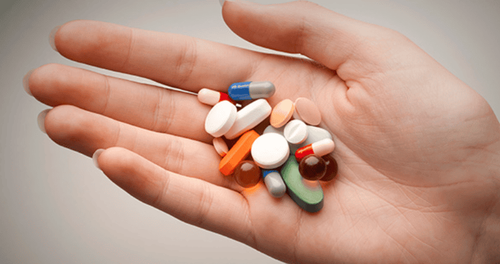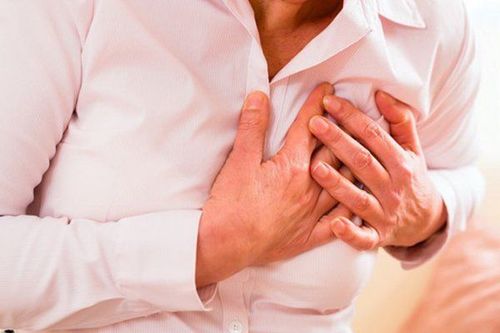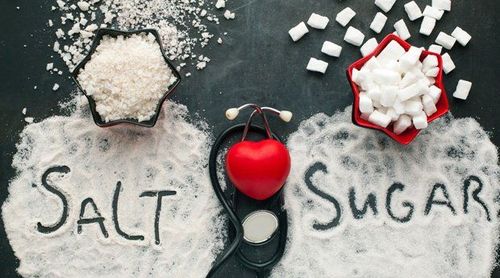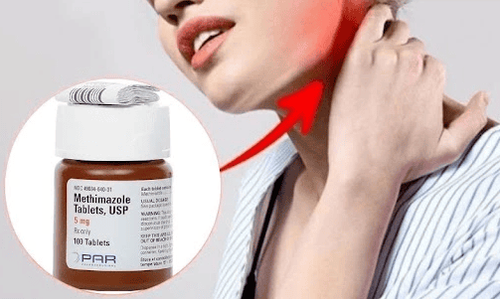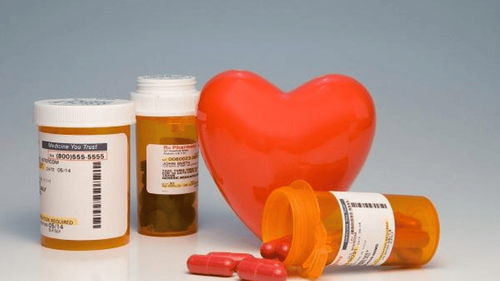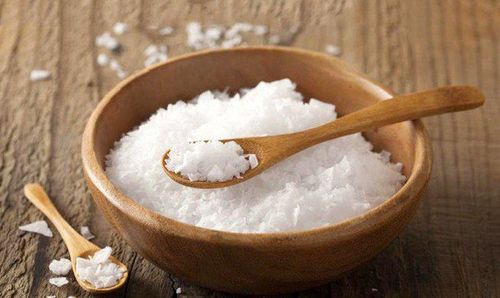This is an automatically translated article.
Salt is known to be a spice that is not good for blood pressure, kidney disease, obesity,... Therefore, many people have limited or even no salt in their daily diet. However, according to experts, salt brings many benefits to the development of the brain of infants. On the other hand, if you don't eat salt, it will seriously affect your thyroid hormone.
Eat salt with moderate content the body will grow healthy. The American Heart Association and the NIH advise adults not to eat more than 2,400 milligrams of sodium per day (about 1 teaspoon of salt).
1. The truth about iodized salt and reducing salt
Iodine is a mineral necessary for the body's production of thyroid hormone. This is also an indispensable spice in the daily diet. The main component of salt is sodium chloride. This component when entering the body will be broken down and play different important roles.
Iodized salt is often assessed to make high blood pressure worse, so many people have actively maintained a light diet. However, eating salt in a moderate amount, the body will get some benefits such as:
Maintain blood volume and cell osmotic pressure in the body Control the excitement and excitability of the nervous system. Menstruation and muscles Activating human muscle contractions Too little iodine in the diet of pregnant women can affect the brain development of the fetus and cause cretinism . A form of irreversible physical and intellectual disability. Iodine deficiency in infancy can also lead to abnormal brain development and impaired intellectual development.
In the US, iodine deficiency is more common in women than in men. It is also more common in pregnant women and adolescents.
Normal iodine needs according to World Health Organization standards: Adults need 150 micrograms per day. Women who are planning a pregnancy should increase their intake to 200 to 300 micrograms per day.

Muối iot cần được bổ sung đúng cách và hợp lý với từng đối tượng khác nhau
2. The relationship between salt and blood pressure
Experts have shown that the DASH diet (which stands for Dietary Approaches to Stop Hypertension) has a direct impact on lowering blood pressure, especially when you pass your 40s and 50s. Low-sodium, low-fat, high-calcium, fruit and vegetable formula.
More studies suggest that high sodium in food is a sign of a poor diet. However, it is not sodium that affects blood pressure, but a lack of other important vitamins and minerals.
David McCarron, MD, a longtime consultant to the salt industry, presented these findings at the American Heart Association's 57th annual high blood pressure research conference last year.
In short, eating salty or light eating causes the same harm. Therefore, you need to balance or consult your doctor about the amount of salt needed for each case. At the same time, ensure a scientific nutrition.
Customers regularly visit the website of Vinmec International General Hospital to get more information about health and nutrition for each age group.
Please dial HOTLINE for more information or register for an appointment HERE. Download MyVinmec app to make appointments faster and to manage your bookings easily.
Reference source: webmd.com



